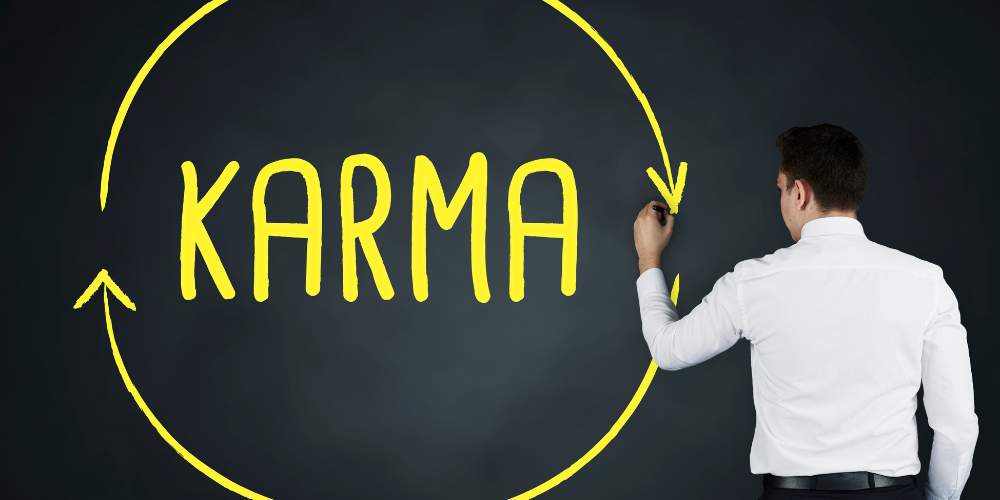There is a strong connection between Kundli and Karma, as both concepts are based on the principle of cause and effect. In Kundli, your destiny is determined by the planetary positions at the time of your birth, while Karma is based on your actions and the consequences they bring.
1. What is Kundli?
If you’re interested in astrology, you’ve probably heard the word “Kundli” before. But what is a Kundli? In essence, a kundli is a birth chart. It’s a map of the stars at the time of your birth, and it can be used to predict everything from your personality traits to your future romantic prospects. If you’re interested in creating your own Kundli, several online tools can help you.
2. What is Karma?
Karma is a difficult concept to define. In general, it refers to the idea that actions have consequences and that our actions create a ripple effect that impacts both ourselves and others. This can be both good and bad: performing a good deed may lead to good Karma, while doing something terrible may lead to bad Karma.
There is no easy answer to what happens to Karma when we die. Some believe it is carried over to our next life, while others believe it is reset. The truth is that no one knows for sure. What we do know is that Karma is a powerful force that can have a profound impact on our lives.
3. How do Kundli and Karma interact?
There is a lot of debate surrounding the relationship between Kundli and Karma, as the two concepts are often seen as conflicting. Some people believe that your Kundli dictates your Karma, while others believe that your Karma determines your Kundli. However, the truth is that the two are inextricably linked, and one cannot exist without the other.
Your Kundli is a record of your past Karma and is used to determine your future Karma. The positions of the planets and stars at the time of your birth will determine your karmic path in this life. However, your Karma can also be influenced by your current actions and by the actions of your ancestors.
Kundli is not a predestination; it is a tool that can be used to help you achieve your goals. You can use your Kundli to identify your strengths and weaknesses and find out which paths are likely to lead to success and which are likely to lead to failure. You can also use your Kundli to find out which areas of your life need improvement and to set goals for yourself to help you overcome your weaknesses.
Karma is not a punishment but a tool that can improve your life. Your Karma can be positive or negative, depending on your actions. However, you can use your negative Karma to your advantage as a source of inspiration to drive you toward success.
The key to understanding the relationship between Kundli and Karma is to remember that they are both tools that can be used to help you achieve your goals. Neither one is perfect, but they both have the potential to help you to improve your life.
4. What are the benefits of understanding Kundli and Karma?
There are many benefits to understanding Kundli and Karma. By understanding your Kundli, you can better understand your strengths and weaknesses and how to best work with your natural tendencies. Additionally, by understanding Karma, you can learn how to create good Karma and avoid bad Karma, which can lead to a happier and more fulfilling life.
5. How can you learn more about Kundli and Karma?
There are many ways to learn more about Kundli and Karma. You can read books, take classes, or consult with experts. However, the best way to learn is to practice. Try making your own Kundli, and see how the predictions play out in your life. You can also experiment with different karma practices to see which works best. With time and practice, you will gradually learn more about Kundli and Karma and how to use them to your advantage.
Kundli and Karma are two important concepts in Vedic astrology that explain the interaction between the individual and the universe. Kundli shows your destiny based on the planetary positions at the time of your birth, while Karma is based on your actions and the consequences they bring. These concepts are essential to understanding the intricate web of cause and effect that governs our lives.
